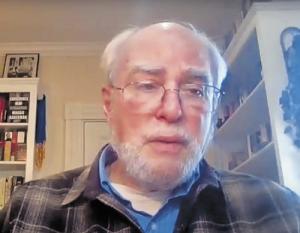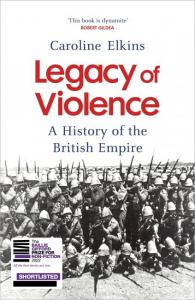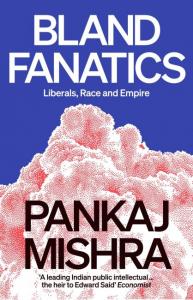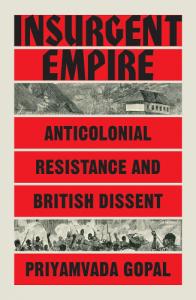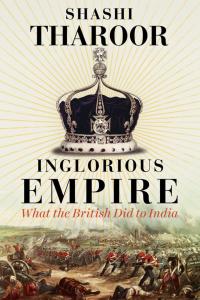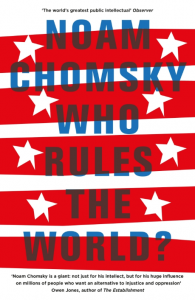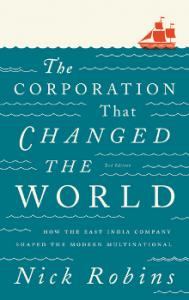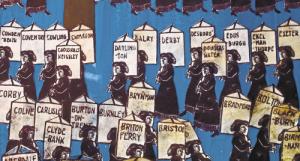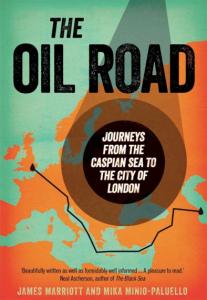“This is a really demanding and frightening subject that we’re dealing with.
Let me begin by saying that [Russian president Vladimir] Putin and [Dmitry] Medvedev [deputy chair of Russia’s security council] have been drawing from the US playbook from the beginning of the Ukraine War with their nuclear threats.
They’re basically, as Noam Chomsky put it, moving to ensure that those who might come to protect those that Russia is determined to attack are at least limited in what…


